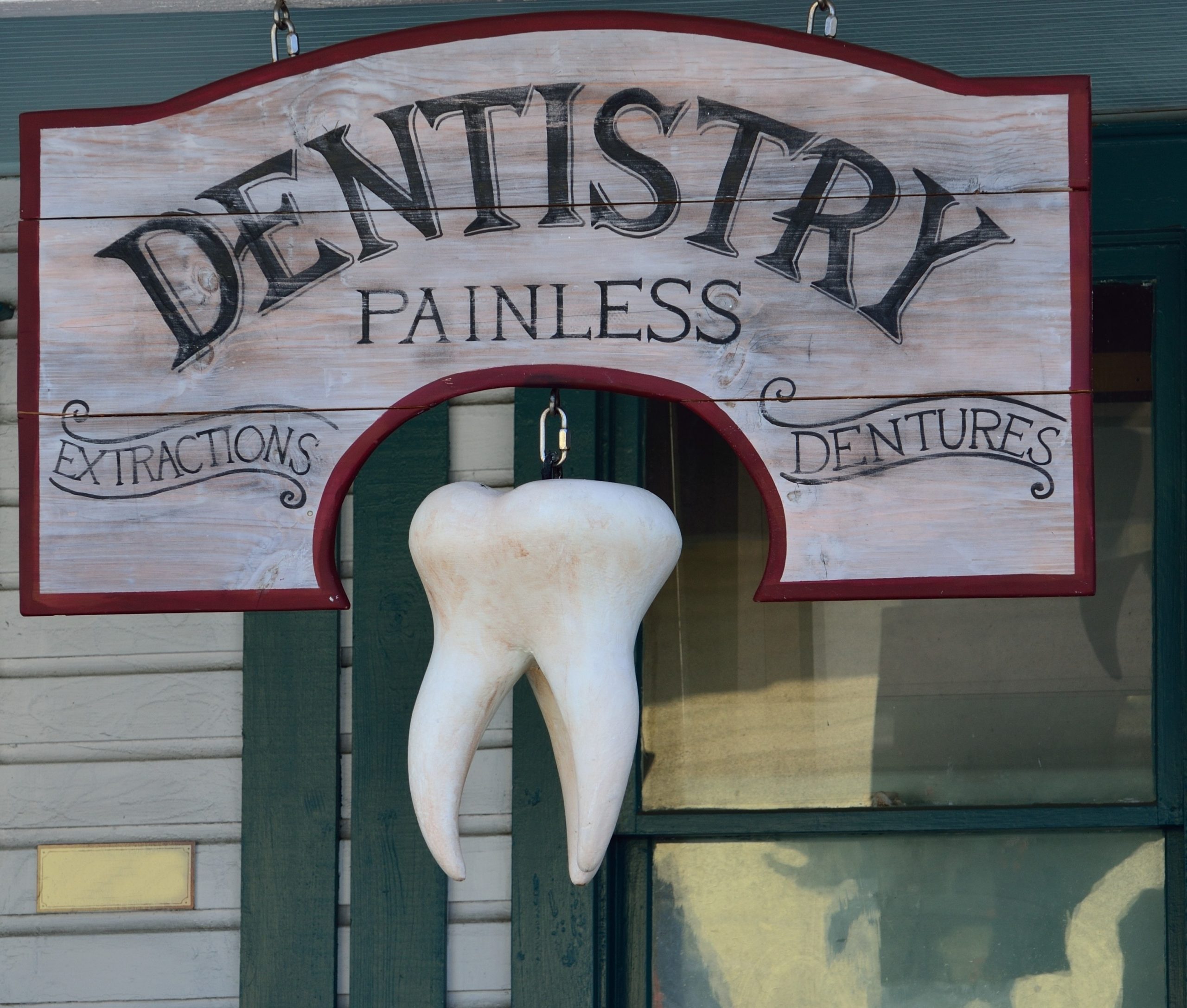Oral surgery, a broad spectrum within dental procedures, deals with diagnosing and treating diseases, injuries, and defects impacting both aesthetic and functional aspects of the hard and soft tissues of the oral cavity. Highly trained professionals known as oral surgeons predominantly carry out these industrious procedures.
Roles of an Oral Surgeon
Oral or maxillofacial surgeons are experts in handling complex cases involving the mouth, jaw, face, and surrounding tissues. Their training goes beyond dental school with surgical residency programs, equipping them with additional expertise to handle oral surgery complications and anesthesia.
Common Dental Diseases Treated by Oral Surgery
A variety of dental disorders could lead to the requirement of oral surgery. People with the following conditions often find relief and improvement in oral health post-oral surgery:
Wisdom Teeth Complications
Impacted wisdom teeth, unable to fully surface, can cause discomfort, swelling, and even infections. Wisdom tooth extraction is a common oral surgery aimed at relieving these symptoms.
TMJ Disorders
Hinge-like Temporomandibular joint (TMJ) disorders can lead to jaw discomfort and hamper jaw movements. More severe cases are often resolved with surgical intervention.
Dental Infections and Abscesses
Tooth abscesses and severe infections that haven’t responded to antibiotics or root canals may require oral surgery.
Oral Tumors or Cysts
Any cysts or tumors in the oral region can be potentially detrimental. Oral surgery provides a means to biopsy and remove these growths.
Types of Oral Surgical Procedures
Depending on the dental diseases in question, various oral surgery procedures prove useful for treatment.
Wisdom Tooth Extraction
The removal of impacted wisdom teeth ranks among the most common oral surgeries.
Root Canal Therapy
This is required when tooth decay advances, affecting the nerves and blood vessels within the tooth’s inner chamber, a dental procedure often administered by oral surgeons.
Corrective Jaw Surgery
Corrective jaw surgery can significantly relieve significant malocclusions, improperly aligned jaws, and facial trauma.
Cleft Lip and Palate Surgery
Children born with cleft lips or palates can face numerous issues, including eating and speech defects. Oral surgery is vital in the effective correction of these deformities.
Dental Implants
As one of the most popular dental solutions, dental implants provide a great alternative to dentures and bridges for missing teeth. Precise surgical placement of the implant ensures they blend seamlessly with your natural teeth. Patients also have various tooth implant options, from a single tooth to full arch replacements, enhancing their oral health and confidence.
Benefits of Oral Surgery in Dental Health
Choosing oral surgery can lead to improvements beyond simple disease treatment. The rewards of such measures stand to impact both everyday function and confidence.
- Improvement in Oral Functions: Simple pleasures in life, such as enjoying a meal or conversing, can be within your grasp, thanks to oral surgery. Procedures that amend issues in the mouth can lead to enhanced chewing, biting potency, and clearer speech.
- Prevention of Further Dental Complications: Timely oral surgery is vital for maintaining oral health. Durango oral surgery practices offer meticulous, precision-oriented procedures, effectively preventing the development of severe oral health issues. Early treatment is key to curbing progressive dental complications, underscoring prevention’s importance.
- Enhancement of Oral Aesthetics: Oral surgery isn’t just about function – aesthetic improvements are also remarkable benefits. Procedures from restructuring improper alignment to placing dental implants can augment the charm of your smile and boost your confidence significantly.
Risks Associated with Oral Surgery Procedures
While effective, oral surgery carries some inherent risks, as is the case with any surgical procedure.
- Potential for Infection: The mouth naturally harbors numerous bacteria, heightening infection risk during surgery. However, this risk can be minimized by adhering to pre-op instructions and diligent post-op hygiene practices.
- Nerve Damage Risk: During the procedure, there’s a slight possibility of inadvertent nerve damage, leading to temporary or persistent numbness or altered sensation in the lower lip, tongue, or chin.
- Bleeding and Swelling Post-Surgery: Post-operative bleeding and swelling are commonplace and generally diminish with appropriate care.
Recovery and Post-Operative Care
Successful recovery from oral surgery hinges greatly on diligent post-operative care.
- Recovery Time: Depending on the procedure, recovery times can vary. A simple wisdom tooth extraction might only require a few days, whereas complex procedures like implant placement can span several months.
- Post-Operative Care: Meticulous oral hygiene, medication adherence, and punctual follow-ups constitute vital components of post-operative care, driving swift and efficient healing.
Alternatives to Oral Surgery for Dental Diseases
While incredibly beneficial, oral surgery is typically viewed as a last resort after other failed treatments. In certain scenarios, comprehensive dental solutions can offer alternatives, proving beneficial by addressing a spectrum of issues with less invasive methods. Exploring these alternatives can often provide equally effective outcomes, providing a diverse approach to oral healthcare.
Final Thoughts
Oral surgeries are an essential aspect of comprehensive dental and oral healthcare treatments. However, the patient’s health status, preferences, and disease severity ultimately influence the necessity of oral surgery. Always discuss thoroughly with your oral health care provider before making any decisions.





